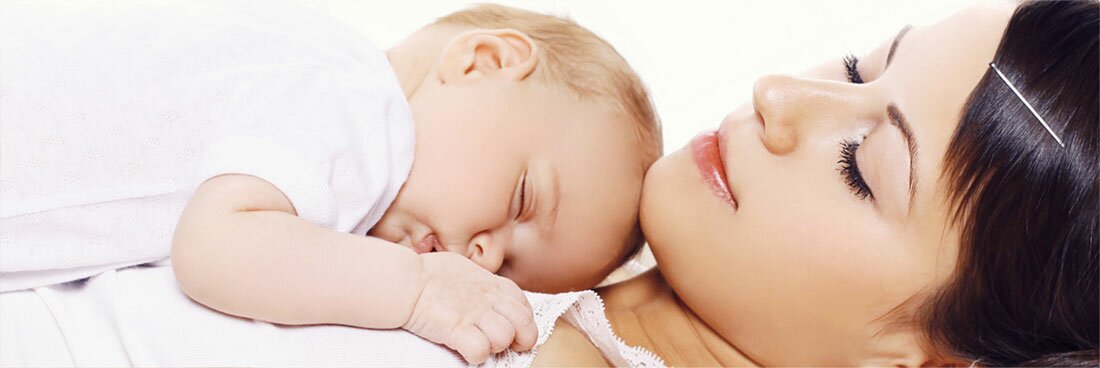What is Post Natal Depression
Having a baby is a time of huge change and it is common to feel many different emotions. If after giving birth the feeling of tearfulness hasn't cleared up within a few weeks, talking to your midwife or GP can help.
As many as eight out of 10 women get what's known as the "baby blues". It normally begins within a few days of the birth, and common symptoms include bursting into tears for no reason, you may feel irritable and low or feel fantastic one minute and miserable the next. Fortunately, the symptoms only last for a short time.
If you become more unhappy or upset, or if your low mood lasts longer than a week, you might have postnatal depression.
Postnatal depression affects one in 10 new mums. You're more likely to develop postnatal depression if:
- you've been depressed in the past,
- there's a family history of postnatal depression or depression during pregnancy,
- you've had a difficult pregnancy, or problems with your baby's health,
- you feel isolated, with nobody close to talk to,
- you've had a recent bereavement,
- you have little money or nowhere settled to live,
- or you have twins or triplets, mainly because of the additional stress of caring for more than one baby.
But postnatal depression can happen to anybody, no matter what your circumstances, no matter how much you love your baby and there is no reason to feel guilty or ashamed.
The symptoms of PND are similar to those that occur with depression at any other time. They usually include one or more of the following. In PND, symptoms are usually there on most days, for most of the time, for two weeks or more.
- low mood and this tends to be worse first thing in the morning, but not always,
- not really enjoying anything, including a lack of interest in yourself and your baby,
- lack of motivation to do anything,
- often feeling tearful,
- you may lose your appetite and forget to eat,
- feeling irritable a lot of the time,
- feelings of guilt, rejection, or not being good enough,
- poor concentration (like forgetting or losing things) or being unable to make a decision about things,
- feeling unable to cope with anything.

